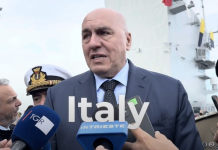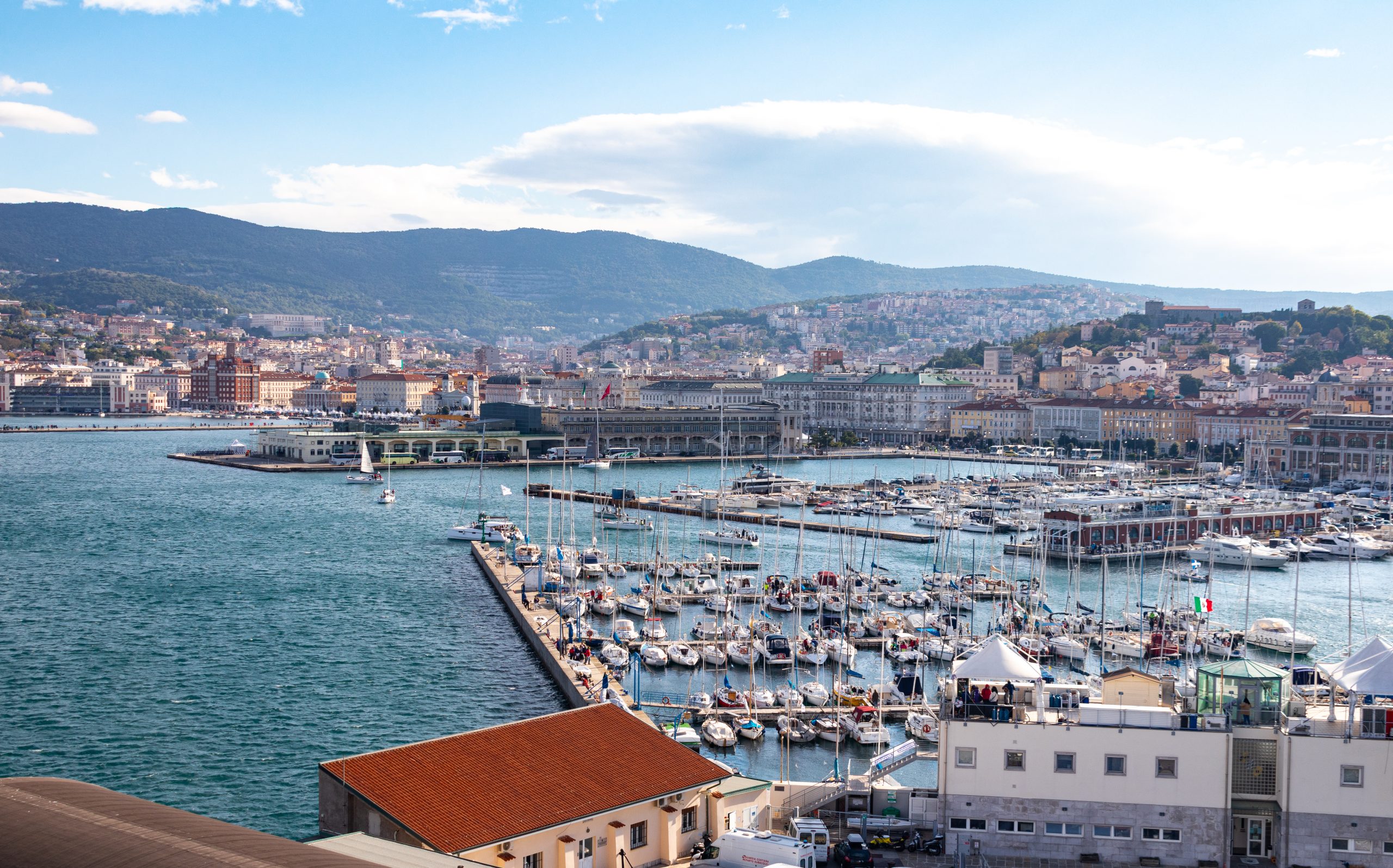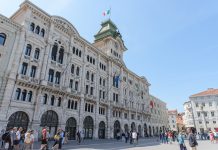by Maximiliano Crocamo
Air travelers in Italy can now board domestic flights and those bound for destinations within Europe’s Schengen area using only their boarding pass, the country’s civil aviation authority announced this week, in a shift aimed at reducing wait times and streamlining airport procedures.
The change, which was approved by Italy’s Interior Ministry and has already gone into effect, removes the requirement for passengers to present a passport or national identity card at the gate for these flights.
The new policy was confirmed by Pierluigi Di Palma, head of Italy’s civil aviation agency ENAC, in an interview with Corriere della Sera, a leading Italian daily. “Airports are secure places, and it is time to treat air travel the same as train travel,” Mr. Di Palma said. “There’s a lot of wasted time due to bureaucratic procedures. By removing this requirement, boarding will also be quicker.”
According to ENAC, all passengers must still pass through standard airport security, including metal detectors and baggage screening, before reaching the gate. The relaxed ID rule applies strictly at the boarding gate and only to flights within Italy or to countries participating in the Schengen Agreement.
At Trieste Airport, several passengers welcomed the change. “It’s about time,” said one traveler heading to Milan. “This will definitely make things faster, especially for frequent fliers.” Others agreed, noting that as long as security checks remain in place, the new policy makes the boarding process more efficient without sacrificing safety.
Di Palma also emphasized that while ID is no longer required at the gate, passengers should still carry valid identification in case of random checks. “They should not be left at home,” he said. “If requested and not produced, passengers may be denied boarding.”
The Schengen Area currently includes 29 European countries that have abolished passport and border controls at their mutual borders, facilitating freer movement of people across the region.





























